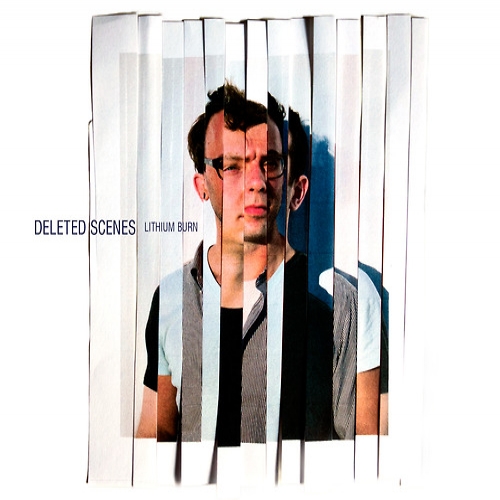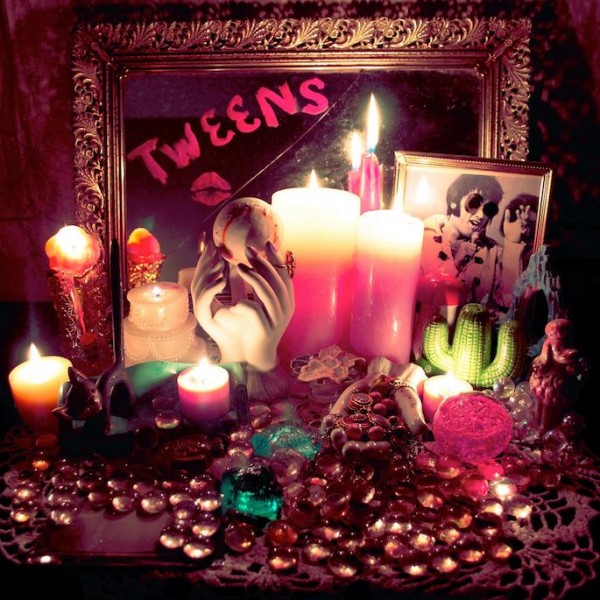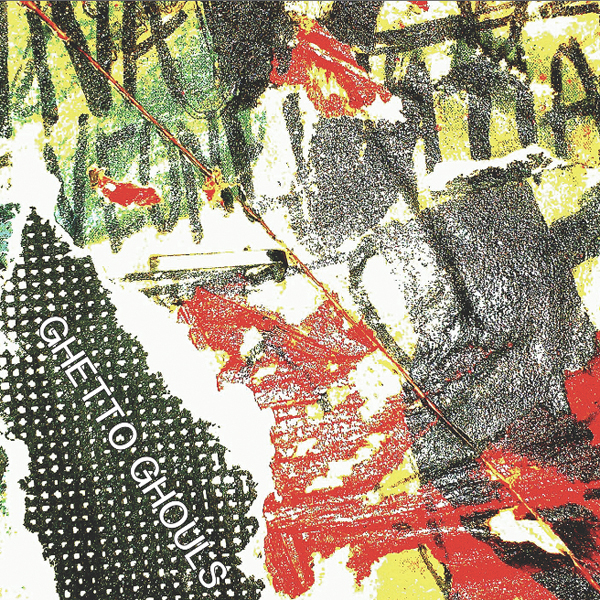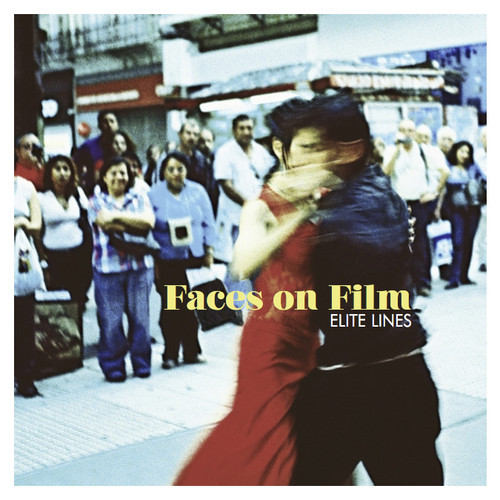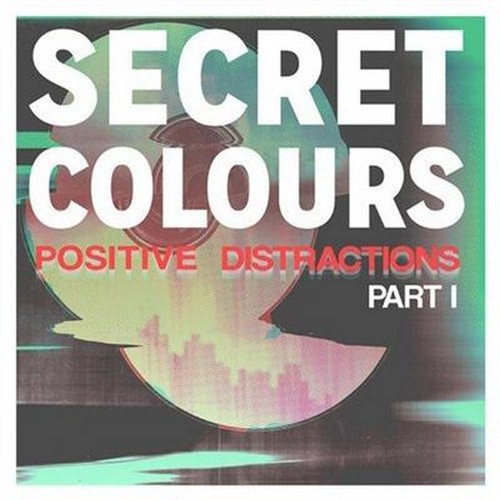 Denney and the Jets – Mexican Coke
Denney and the Jets – Mexican Coke





“You see, my problem is self-control,” isn’t so much a lyric from “Hooked” as it is a confession on Denney and the Jets’ debut LP, Mexican Coke.
Chris Denney, vocalist and guitarist, touts the persona of musicians of old, the class of stars burdened by the trifecta of drugs, recklessness, and talent.
Along with his Jets—Joey Scala on bass and vocals, Evan Scala on drums, and Sean Cotton on lead guitar and vocals—Denney’s crafted a record that hearkens back to the old standbys: sex, drugs, and rock ’n’ roll. Mexican Coke, however, has a modern twist: it addresses the tough consequences of a live-fast-die-young philosophy alongside its devotion to booze, pills, and women.
Via Limited Fanfare and Burger Records, Mexican Coke is essentially a collection of pages from Denney’s diary, allegedly. Born and raised in Nashville, the story reads that Denney started stealing pills from his grandmother’s medicine cabinet at 9, smoked two packs a day, and eventually discovered marijuana at 13.
Denney has a legend’s backstory, and while it at first can seem like a gimmick, the truth is found in the tracks.
Mexican Coke is a collection of rip-roaring, honkytonk jams and country crooners about “Smokin’, drinkin’, cocaine, youth… being broke, pain pills, hangovers, hookers, strength, getting high, addiction, living, dying…” and so on.
“Hooked,” as its name implies, documents the tight grip of drugs and the thoughts of an addict in the throes of substance abuse. Denney and the Jets sing, “I can ease your pain and make you feel better again/Take your blues away/But I’ll be your only friend.” The soulful, somber tune where the drugs do most of the talking forces feelings of sympathy for the hapless user.
Women doing and being done wrong is a theme across the record. “Bye Bye Queenie” is a hit-worthy rocker reminiscent of the Rolling Stones’ “Honky Tonk Woman,” just with a little extra good-ol’-boy country twang, while “Alabama Man” is a classic country-blues number lamenting a cheating girlfriend. Despite these well-traveled themes, Mexican Coke avoids being a parody of its genre due to Denney’s genuine country drawl, the rough guitar sound, and bluesy grooves. Its only real weak spot is “Broke,” which is snoozy in comparison to its surrounding songs.
“Darlin’” is a simple, gospel-infused love song where Denney and the Jets show a soft spot, or maybe just a guilty conscience. Denney crows, “Oh, darlin’, I’m coming home to you/Ain’t nothing I wouldn’t do for you, baby/So stay here close to me/Next to my heart/You are the only one I see,” in a pleading tone. The song could be a profession of love or a drunken apology as he sings, “I’m here for you, baby/I’m here for you, baby.”
The record praises hedonism, but also presents the consequences of the lifestyle Denney and the Jets are celebrating.
The acoustic guitar-led “Runnin’ Through the Woods” is touching, sad, and clearly about the death of a friend. It’s the musical version of the old adage, “It’s always fun and games until…”
The record isn’t a debaucherous, thoughtless free-for-all. It avoids being a cliché of the sex, drugs, and rock ‘n’ roll camp by making music about the good, the bad, and the ugly in equal measure. Their candor makes Mexican Coke autobiographical rather than masturbatory.
On the whole, Mexican Coke is worth cracking open. Its earnest, familiar-sounding tunes about drunken misconduct, pain, and making a ruckus speak to the poor sinner in everyone. Denney and the Jets’ record may promote any number of things that could land someone on jail, but hell, it’s a great time.
Denney and the Jets – Mexican Coke tracklist:
- “Water to Wine”
- “Bye Bye Queenie”
- “Broke”
- “Darlin’”
- “Alabama Man”
- “Hooked”
- “Mama’s Got the Blues”
- “Pain Pills”
- “Runnin’ Through the Woods”
- “Charlie’s Blues”

